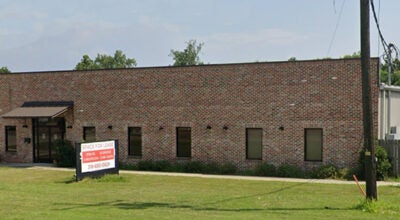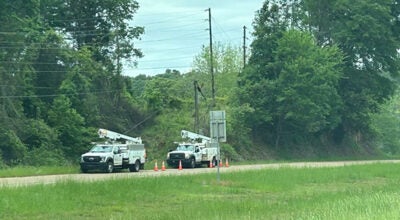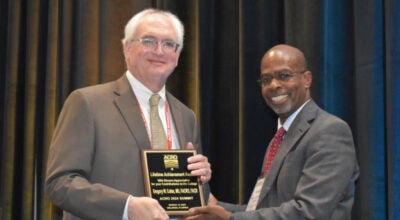County questions justice court fine collection
Published 12:04 am Monday, April 18, 2016
NATCHEZ — The president of the Adams County Board of Supervisors says he plans to ask Adams County Justice Court officials why more fines weren’t collected during a recent set of contempt hearings.
Board President Mike Lazarus said he plans to raise the issue at today’s supervisors meeting.
The contempt hearings — which were meant to collect fines from those who had never paid the court what they owed from old cases — were Friday.
In an email from the court clerk to the supervisors, the board was told that only three of 14 defendants even showed up. Two of the no-shows were dead, and the notices to appear at the contempt hearing for two were returned for lack of good address.
Of the three who did show, two were deemed indigent and unable to pay.
“The reason the justice court fine (collections) are flat is the judges,” Lazarus said. “When people come in and can’t pay, and they let them leave without paying a fine or making arrangements, that’s what happens.”
Lazarus said he thinks those who don’t show up should have a bench warrant issued for their arrest.
“I have talked to the sheriff and the constables, and they have said they will serve (the warrants),” he said.
“The only reason these folks have gotten out of hand is the judges. They are letting them go. If some people can’t pay them, set up something where they can work it off — just because you can’t afford to pay the fines doesn’t mean you get a free pass in Adams County. There is grass that needs to be cut, trash that needs to be picked up.”
Justice Court Judge Charlie Vess, who hosted the contempt hearing, said one of the people he found to be indigent was seeking disability because he had lung cancer and had a leg amputation.
“The county’s policy, as I understood it, said I could pass on that if I wanted,” Vess said. “I told the man that you can talk to your lawyer about your disability, and thank you for coming in.”
Another of the respondents was making payments on fines he owed already, and had another matter coming up in court in the next month, so Vess said they would check in at that time.
As for issuing bench warrants, Vess said he wanted to review the case files, which weren’t provided at the contempt hearing, for each defendant first. Most of the defendants on the list were never arrested or came to court, he said, but rather failed to pay some citation or fee.
“I was just presented with a computer-generated list,” he said.
But Vess said he would also like to know why the county is only now moving to enforce a policy calling for regular for contempt hearings — with the aim of collecting back fines — that it first adopted in early 2013.
Vess said he wasn’t informed of the policy’s existence until recently.
“Knowing this policy was in place, why did we wait 33 months to initiate it and cost the taxpayers probably several thousands of dollars?” he said. “This first effort was just a cursory effort, to placate the bringing up of the past due fines, but we have another set of contempt hearings set for May 11.”
The county’s policy calls for the judge to pull a few names from a list for each contempt hearing, but also asks the justice court clerk to do the same, Vess said.
“It has been made very clear to me that the court employees don’t work for me, they work for the county,” he said. “So as far as I am concerned, the ball is in the county’s court.”
Vess said he’s also made an effort on his own to collect back fines owed by any defendant who appears in his court on new charges.





